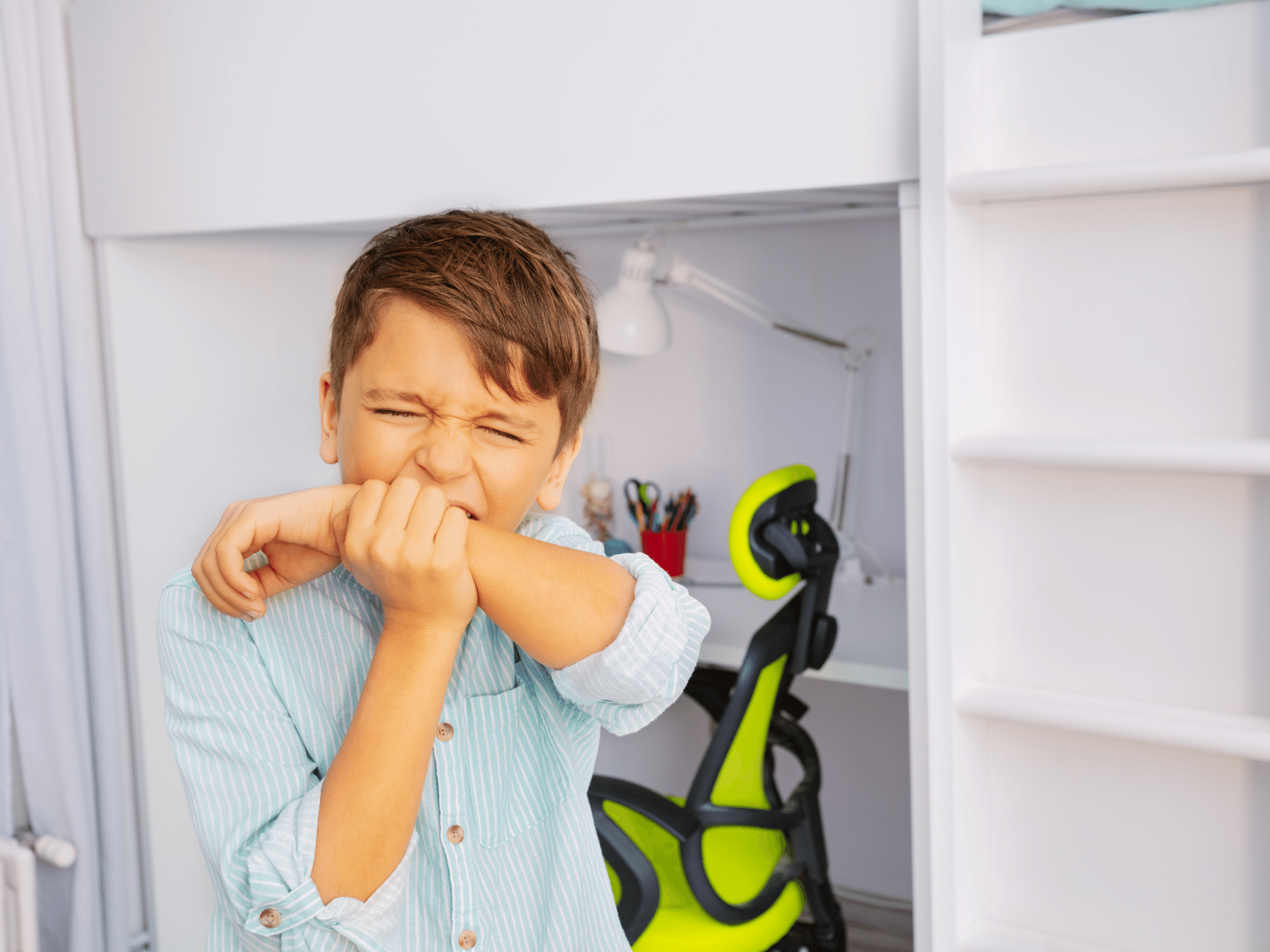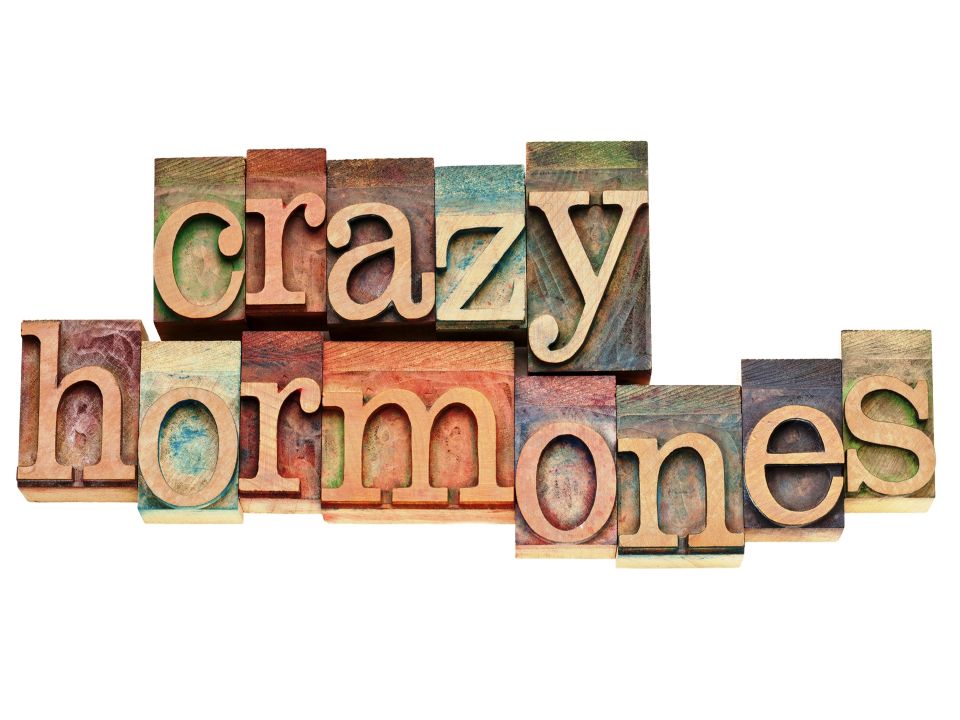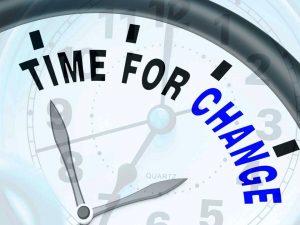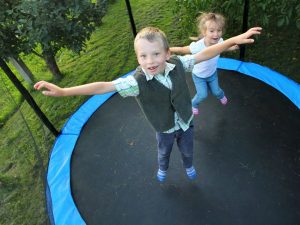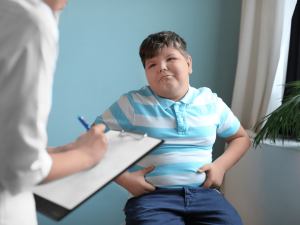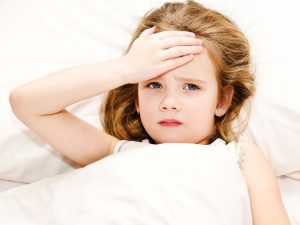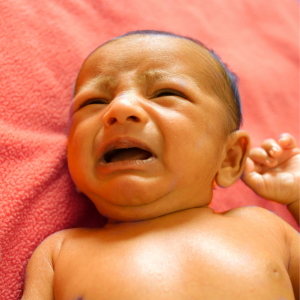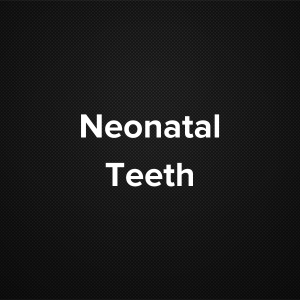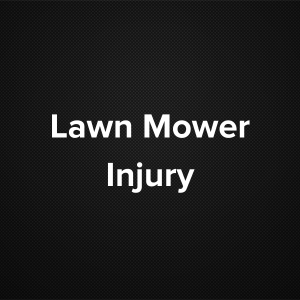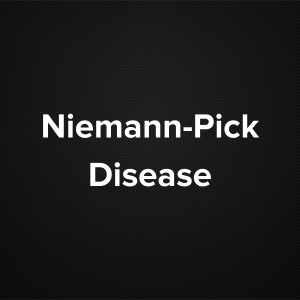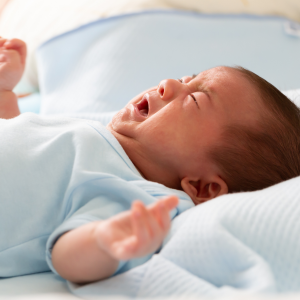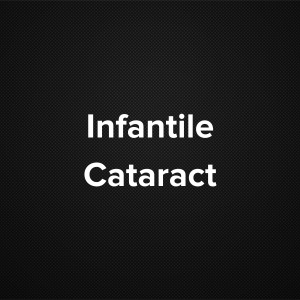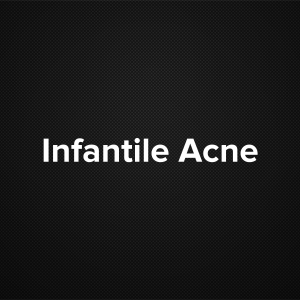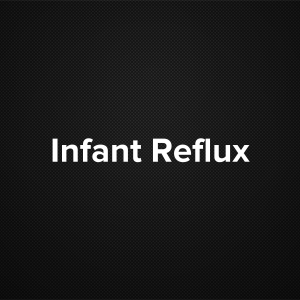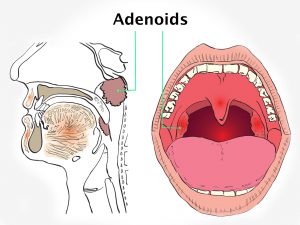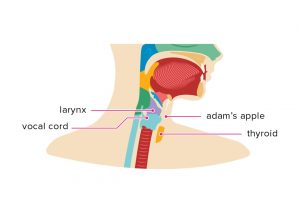Teenage brings along with it a lot of physical and psychological problems. Your body undergoes a lot of changes, the way the world looks at you is changing and you are not in the position to accept all this. Teenage is one of the most painful periods in one’s life. For an autistic child teenage can be compared to living a nightmare day in and day out.
Here is a look at the problems of teenage from an autistic kid’s point of view:
Social Interaction
The ability to interact socially is absent in autistic kids. They are loners who prefer to be left alone and undisturbed in their own worlds. Such a child is a natural target for bullying and ragging by other kids of his age group. At times even if the autistic child wants to come out and make friends, he is not able to do so due to lack of the required skills. Teenage is a period where you need at least one friend to confide in. It can be an extremely difficult phase when you are all alone.
Puberty
This is the dramatic time in life dilled with hormones and emotions. Your body undergoes lots of changes and you are confused about so many things. You don’t know whom to ask or whom to turn to for guidance. Autistic children do not have the maturity to understand this phase. Special issues for autistic teens and sexuality include:
- Knowledge of physical changes in body.
- Knowledge of ‘good’ and ‘bad’ touch.
- Ability to communicate about a ‘bad’ touch or action.
- Keeping ‘safe’ distance from others.
- Handling menstrual cycles.
- Avoiding ‘self-touch’ in public.
It can be a phase of emotional turmoil for the parents. They need to work closely with their child’s special teachers to chalk out a plan that will be best suited to the child in handling puberty successfully.
Self-help skills
Simple self-help skills like hygiene can be a challenge for teenagers with autism. Improper motor skills, compliance, and sensory problems may interfere with a teen’s progress. The proper training of hygiene and grooming can help to add these elements into the daily routine. The right approach is to simplify each task into simple small steps. The positive reward system is a great source of encouragement, as positive motivation always help the teenagers.
Higher Functions
Autistic teenagers are socially awkward. They lack the power to comprehend and process complex social cues which includes sarcasm, body language, humor, emotional responses and facial expressions. What complicates the problem is that the autistic child lacks empathy and hence may appear rude. Such kids are likely to be teased a lot in school settings.
